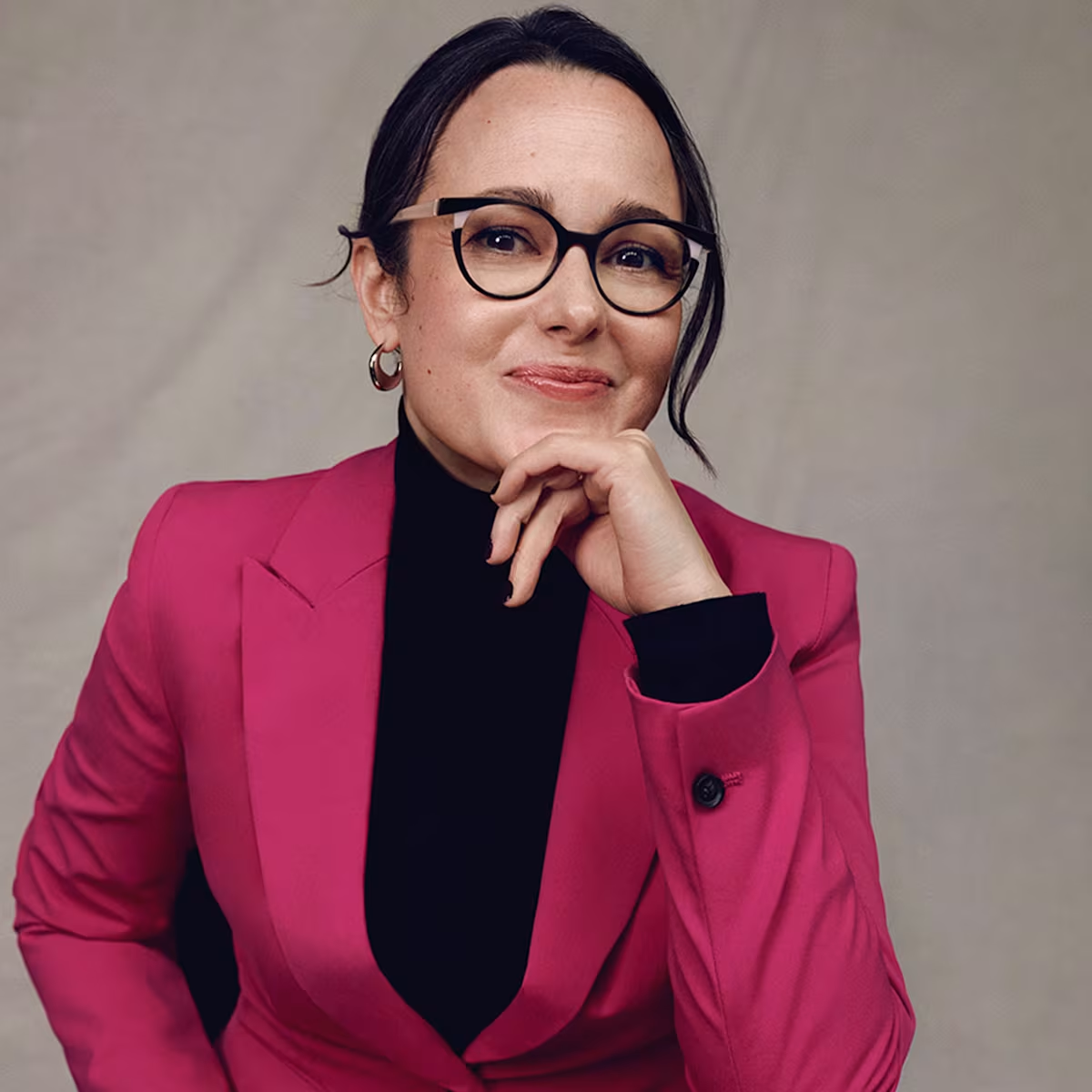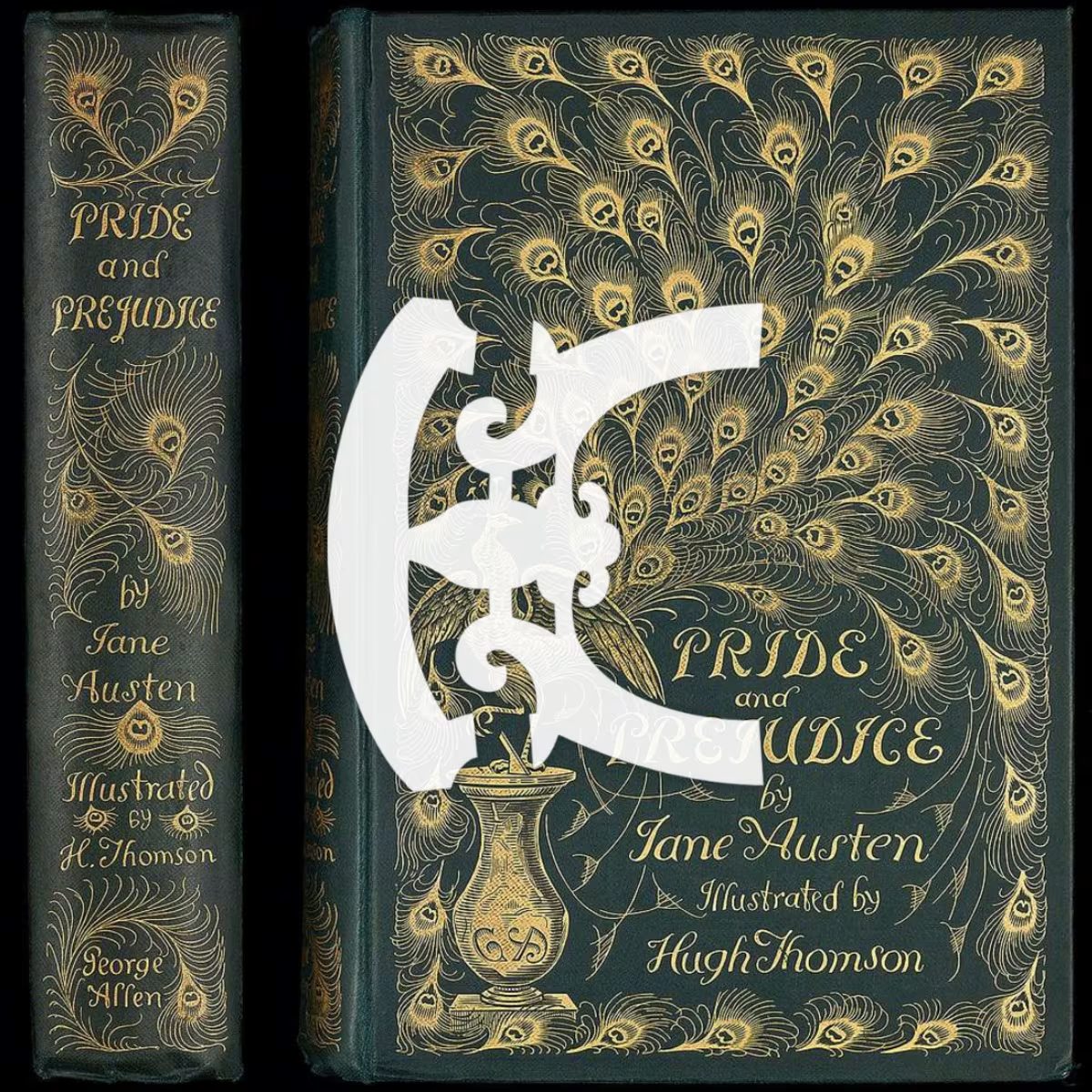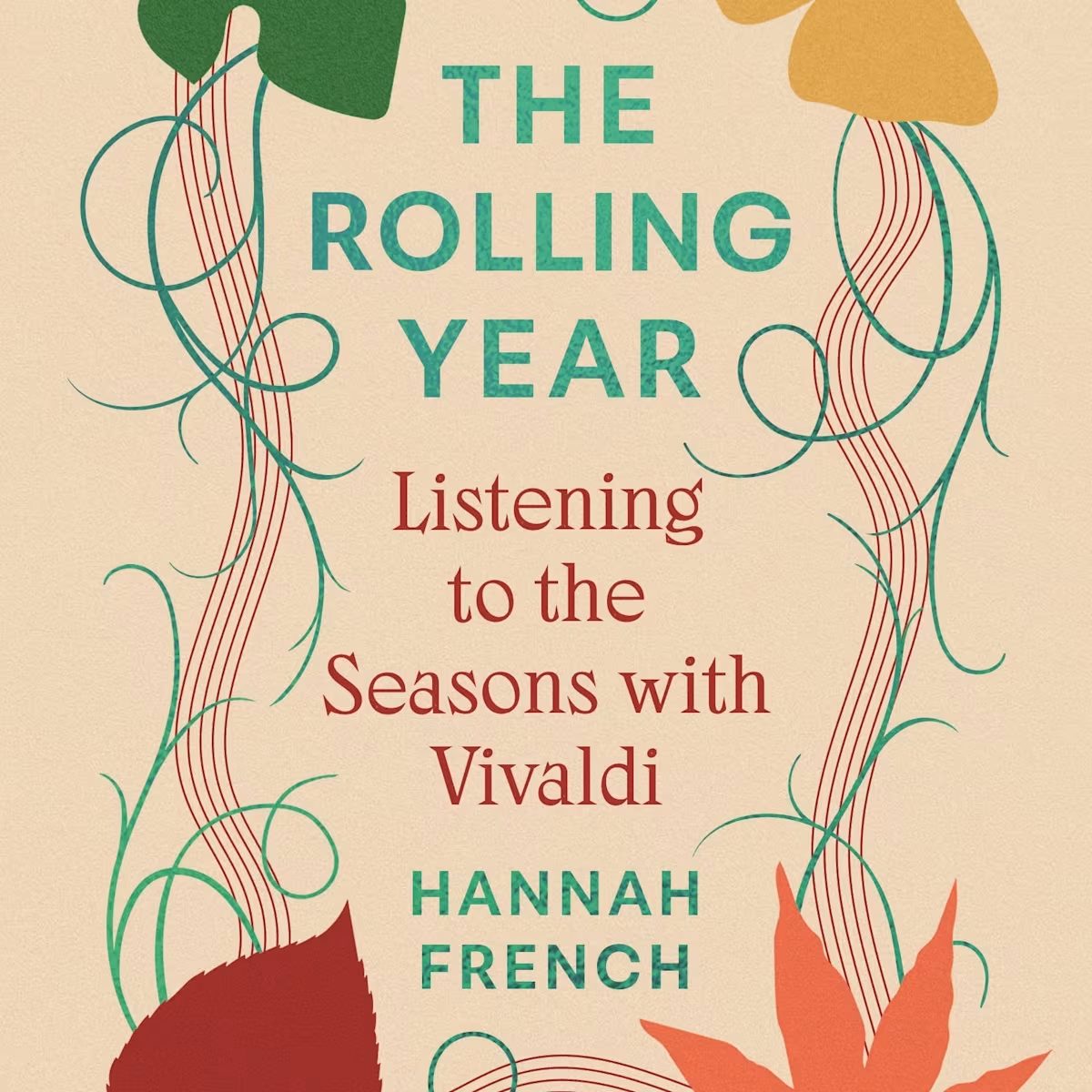Feature
Roxanna Panufnik: Officially Kooky
The composer explains how several recent commissions for prominent early music specialists seek to evoke and shed light on the past
Share this

Roxanna Panufnik is one of the most versatile and beloved British composers working today. Her works encapsulate a wide range of pieces from children’s educational works, operas, chamber music, choral works, ballet, and music for film and television. Roxanna tells Continuo Connect about three recent commissions for period instruments.
"OFFICIAL: I’m KOOKY", composer Roxanna Panufnik wrote on her Twitter feed after the premiere of her commission, Tears no More, for solo harpsichord at the opening concert of the London International Festival of Early Music (LIFEM) in 2023. Such was the verdict of The Guardian's review of Jane Chapman's memorable performance, which also praised the "wit, skill, and enchantment" of the work. Panufnik’s "kookiness" isn’t something new. The composer is known for turning music on its head, always finding something new and exciting within the music of the past. Alongside her love for stretching musical boundaries, the composer is also passionate about working to create interfaith connections within her music.
Over the past 25 years, Roxanna Panufnik has established herself as one of the leading voices in contemporary music. 2023 saw her receive a commission by King Charles III to write Coronation Sanctus for his Coronation in May 2023, a BBC Proms and VOCES8 co-commission Floral Tribute (in memory of the late Queen Elizabeth II), and a wealth of other exciting commissions and projects.
In the last two-years, three of her projects have seen a considerable focus on early music. "Interestingly", Panufnik explains, "two of these pieces were commissioned to be companion pieces." The first, Spring in Splendour, was a commission for the Barnes Music Festival for soprano Mary Bevan, baroque violinist Davina Clarke, and harpsichordist, Tom Foster: "Davina requested something that could be a companion piece to the rest of the programme of Handel’s Nine German Arias". Alongside her writing partner Jessica Duchen, Panufnik drew the text from the Arias 5, 6, and 8 and reworked this into a refreshing, more poetic interpretation of the original, remarking that the "sentiments relate beautifully to each other". She works to maintain the Baroque influences of the music, and audiences can hear plentiful ornamentation, and all the vivacity of Handel’s original dotted rhythms. Panufnik describes it as "idiomatic as well as new."
Her second companion piece commission was ‘Jesu, my delighting’ commissioned by the Bundesjugendchor (National Youth Choir of Germany) to be performed alongside several Bach motets and accompanied by continuo organ and Baroque cello, and once again was written in collaboration with Jessica Duchen. Panufnik took a collaborative approach to working with the choir: "I sent a questionnaire to the young singers so that I could find out more about what they like to sing and why. Also, what in particular they liked about Bach’s music."
The final work preserves the essence of the original text (by Johann Franck in 1653), in a new, lyrical translation by Duchen; Panufnik also retains and includes some of the original German for dramatic effect. The music hints at Bach’s motet writing, structurally through the opening and closing chorales, and Bach’s polyphony through what Panufnik describes as "swirling figures" and "old fashioned ornamentation".
"Gone are the days in which you could only like or follow one kind of music - there’s such a fantastic range of genres now. I think period instrumentalists like to perform as wide a range of music as they listen to."

In her latest commission for LIFEM, Panufnik worked with harpsichordist Jane Chapman. "They wanted something Byrd-related for the 400th anniversary and Jane suggested I work with Byrd’s arrangement of Dowland’s Pavana Lachrymae [Pavan of tears]". The outcome is Panufnik’s Tear’s no More, a piece in which she says that she "runs wild" with the material, colouring Byrd’s opening theme to Hindustani modes, as a nod to Jane Chapman’s award-winning Oriental Miscellany album of transcriptions of Indian vocal music for harpsichord.
Within her reworkings of the music, Panufnik finds the connection between her music and Byrd’s in the false relations - "I use a lot of simultaneous major-minor harmony in my work and Byrd was also a blatant fan!" She also finds a further source of inspiration in Byrd’s integrity:
"... sticking to his Catholic guns when all around him was staunchly Anglican. I am so lucky to work in a time when there’s such incredible freedom to be yourself and especially to be able to collaborate with musicians of other faiths and cultures."
Panufnik is writing a new piece for the Orchestra of the Age of Enlightenment, set to be premiered on the 23rd March 2025.
Roxana Panufnik can be found online via her website and on X (Twitter) as @RoxannaPanufnik
Share this
Keep reading

Hearing ‘The Four Seasons’ anew
Continuo’s Writer-in-Residence Simon Mundy catches up with broadcaster and musicologist, Dr Hannah French, about her book on Vivaldi and ‘The Four Seasons’.

Playlist: Jane Austen at 250
Our latest playlist celebrates the 250th anniversary of Jane Austen’s birth with music used in TV adaptations and music she would have played herself.

The Rolling Year: Listening to the Seasons with Vivaldi
On the 300th anniversary of Vivaldi's The Four Seasons, Dr Hannah French embraces the art of listening seasonally in her exploration of this classic work.

